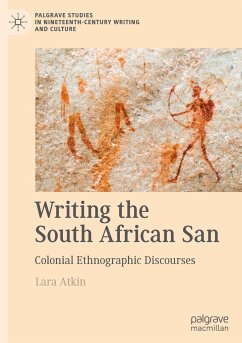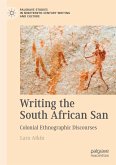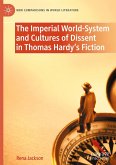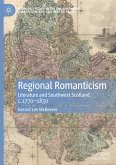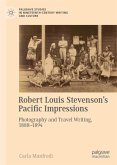This book offers an innovative new framework for reading British and settler representations of Indigenous peoples in the nineteenth century. Taking the representation of the Southern African San as its case study, it uses methodologies drawn from critical anthropology, imperial history and literary studies to show the role that literary representations of Indigenous peoples played in popularising the hierarchical view of racial difference. The study identifies an 'ethnographic poetics' in which the claims of scientific discourse blend with a consciously literary preference for metaphor and analogy. This created a set of mobile figures that could be disseminated to different reading publics in both Britain and the colonies through a variety of literary genres and textual media. It advances research on race and imperial history by focusing on the importance of literature - from newspapers and periodicals to popular novels - in shaping discourses of national and racialbelongingin Britain and the Cape Colony.
Bitte wählen Sie Ihr Anliegen aus.
Rechnungen
Retourenschein anfordern
Bestellstatus
Storno

